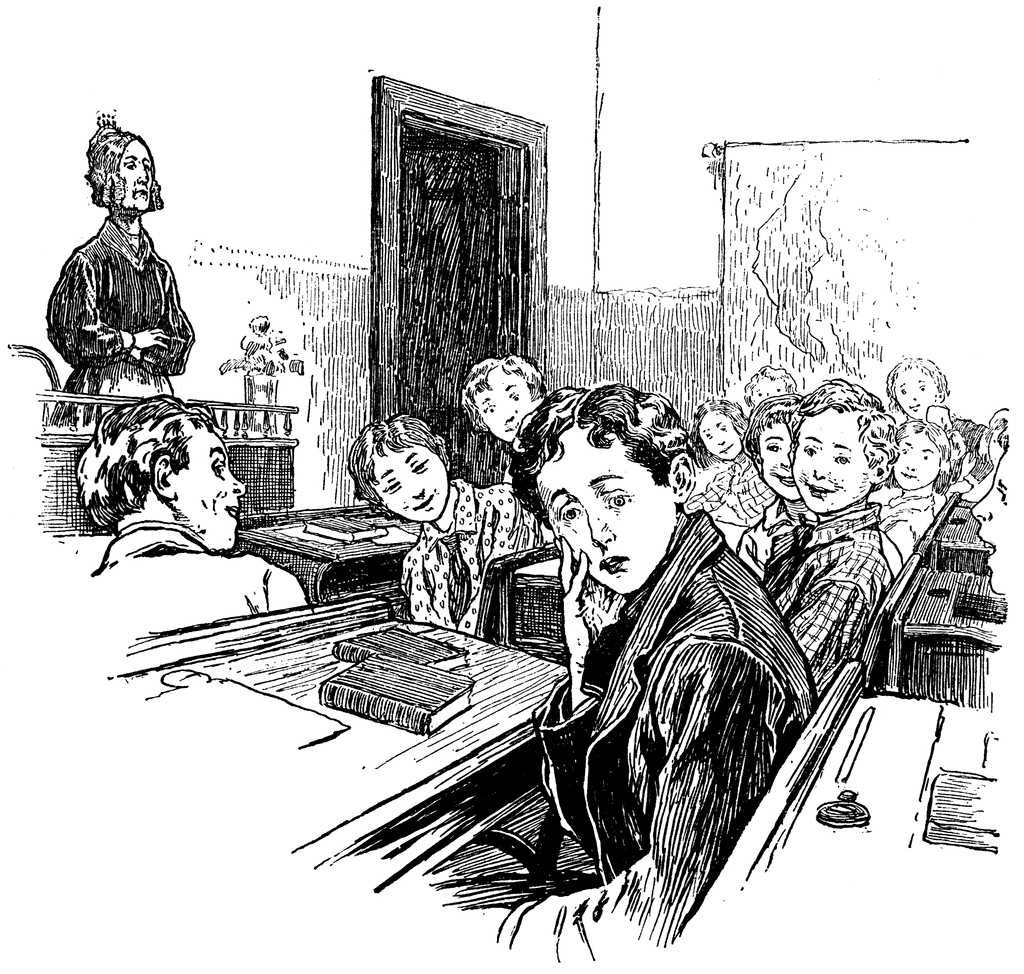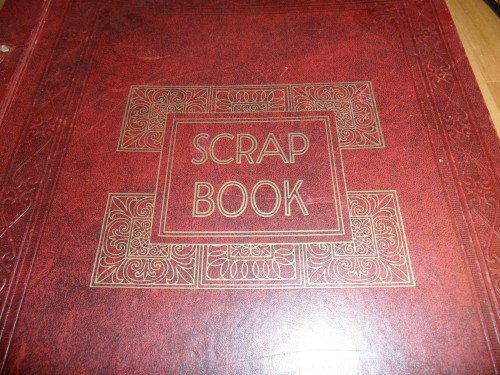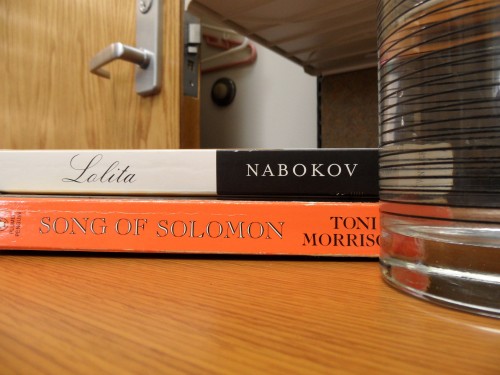
I think I’m going to run a series called Today in Class every Wednesday after the workshop I’m teaching. This class is pretty much the highlight of my week, so I think it’ll be fun to share tidbits with a wider audience. I named the class A Deeper Poetics: The Art of Reading and Writing Poetry based on a Larry Levis quote, “What interests me here is a deeper poetics, one that tries to grasp what happens at the moment of writing.” What happens at that moment is weird and mostly indescribable, and likely different for everyone. Heather McHugh has written that a poet necessarily estranges language, that a poem’s motion, in some essential way, is an estranging motion. What happens when we put fingers to keyboard? Pen to page? Too much volition sometimes makes for boring work, not enough volition obscures resonance. Alexander Pope wrote in his poem, “Sound and Sense” that “sound must seem an echo to the sense.” Oh, but I don’t know. I don’t think that’s right. I think the sound (rhythm, chant) informs the subconscious, which in turns informs the poem’s sense. Ack! Today I made my students write an in-class response about this very topic. I gave them the above McHugh idea as well as another quote from her essay “Moving Means, Meaning Moves, “A poem is…a structure of internal resistances, and it’s no accident that paradoxes arise at the very premises of its act.” They also had some quotes from Robert Hass’s Listening and Making about the comforts of repetition and how the “completion of a pattern imitates the satisfaction of desire,” like an orgasm, according to Hass. I asked the students to use the quotes, and the essays, to frame a poem from this week’s packet, in which we looked at rhythm and chant.
We’re four weeks into the semester, and we’ve talked and written about brevity and image, place/landscape, and today we workshopped poems on the art of recklessness. Duh, I stole this week’s unit from Dean Young’s book title, and basically, I want students to feel really uncomfortable in making poems for a little while. Leave their comfort zone. Do some automatic writing. I want them to let the language, and also the rhythm, guide them line by line, word by word. We did an exquisite corpse of one word slant- and off- rhymes last week; everyone ended up with a folded up piece of paper with sixteen words on it. Their task was to write a 16 line poem, one word from the list per line. And they were great–despite the fact that the general sentiment (and the specific sentiment of one student) was that “this felt really alien.” One student wrote in a poem, “You, born an artichoke, green-gray scaley-spined and whorled. / Imagined being dinosaur. Returned to me a ghost.” Another wrote, “The mangroves warp / and root wrangle / sideways stacking strangleholds, / while marigold petticoats / and manifold destiny / sit in textbook centerfold: a centrifugal gamble.” I just happen to have those two in front of me (thank you Helena and Emily). They were all great explorations of how sound informs sense.
Today in class, too, we listened to Son House do “Death Letter Blues.” And to Langston Hughes read “The Weary Blues.” And I read WH Auden’s “Funeral Blues” : “He was North, my South, my East and West / My working week and Sunday rest.” God, I love that poem.




 ttyl; ttfn; l8r, g8r (series), by Lauren Myracle
ttyl; ttfn; l8r, g8r (series), by Lauren Myracle And Tango Makes Three, by Peter Parnell and Justin Richardson
And Tango Makes Three, by Peter Parnell and Justin Richardson The Perks of Being a Wallflower, by Stephen Chbosky
The Perks of Being a Wallflower, by Stephen Chbosky To Kill a Mockingbird, by Harper Lee
To Kill a Mockingbird, by Harper Lee

 I’m reading Dean Young’s new nonfiction book,
I’m reading Dean Young’s new nonfiction book,